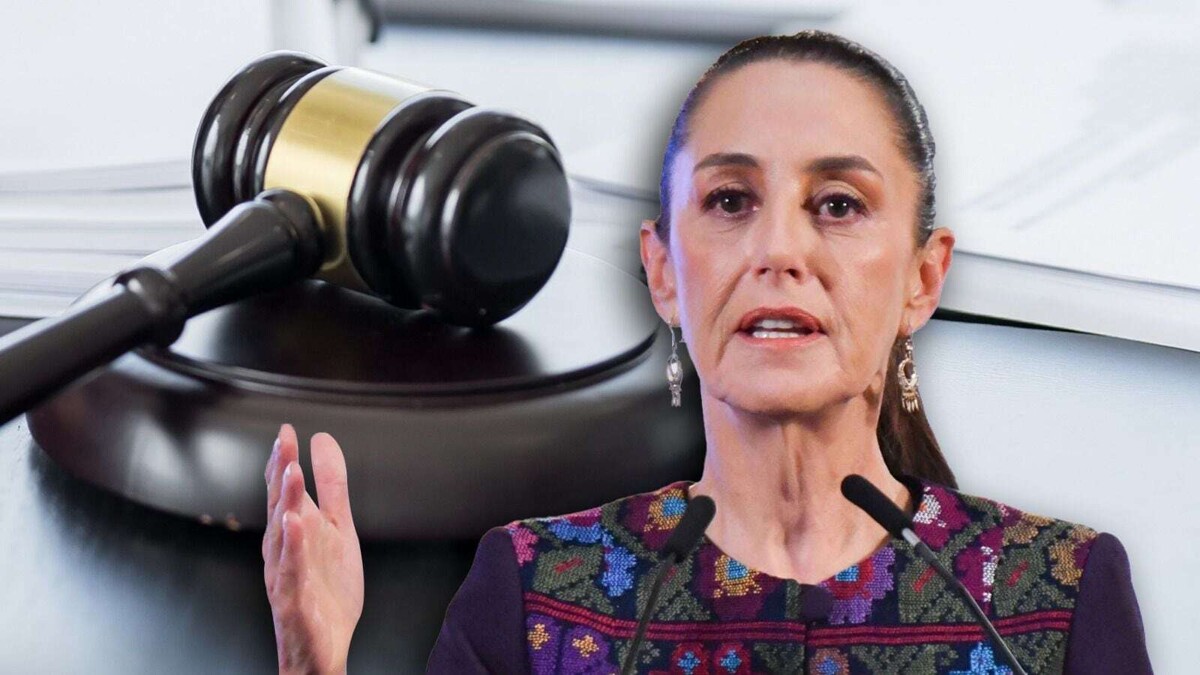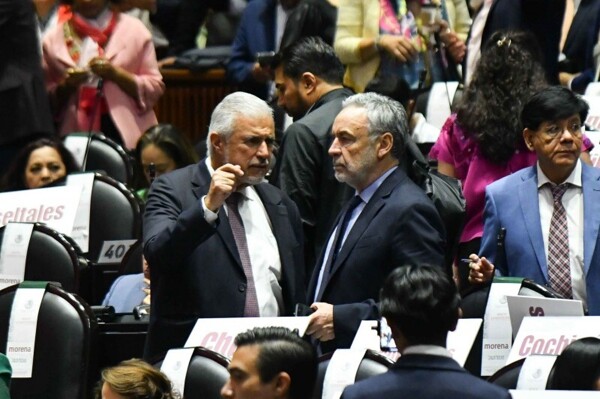
In the midst of a conflict for control of the judiciary in Mexico, Claudia Sheinbaum, the president of the country's capital, has responded forcefully to a judicial ruling that has sparked tensions. Sheinbaum, linked to the Morena party, has shown a disproportionate reaction to a court's decision, generating criticism regarding respect for judicial independence and the separation of powers in the country.
The dispute intensified when Sheinbaum hinted at the possibility of judging the judge in charge of the case, which has been interpreted as an attempt to intimidate the judicial system. This situation has raised concerns about the future of justice in Mexico, especially in a context where the impartiality and transparency of government decisions are questioned.
The resistance of judicial workers, who are protesting against certain policies regarding the appointment of judges, has been ignored by Sheinbaum and her government, contributing to the escalation of the conflict. This lack of dialogue and respect for the workers' demands has created an atmosphere of tension and distrust in the country.
In this context, Sheinbaum's and her Morena party's stance has been questioned, as they seem to prioritize the consolidation of power over respect for democratic institutions. The lack of openness to dialogue and the imposition of unilateral decisions have led to a deadlock in the conflict, which could have negative consequences for Mexico's political and judicial stability.
In conclusion, the current situation in Mexico reflects the fragility of democratic institutions and the urgent need to promote respectful and constructive dialogue among all involved parties. Judicial independence and respect for legality are fundamental pillars of a solid rule of law, which must be preserved and strengthened to ensure stability and justice in the country.













